

The Ghana Standards Authority has launched the Ghana Digital Conformity Pilot Project to enable consumers to verify and authenticate electrical cables and products.
The initiative, developed with technical support of GSA partners SICPA, seeks to improve the safety and quality of electrical cables and products on the Ghanaian market, enhance regulatory compliance among stakeholders, and reduce accidents associated with substandard electrical products.?
It will allow, with a simple scan, consumers, regulators, and businesses to verify product authenticity and report violations instantly using mobile friendly verification Applications.
The pilot phase, which will run for three months, focuses on locally manufactured electrical cables and involves six companies and would be extended to cover all others in due course.
The companies are Tropical Cables, Reroy Cables, African Diamond, Fenice Metal, Focus Technology, and Nexans Cable.
In a speech read on her behalf by Kofi Addo, Director of Industry, the Minister of Trade and Agribusiness and Industry Mrs Elizabeth Ofosu-Adjare, said the initiative affirmed the shared commitment to upholding the quality and safety of products on the Ghanaian market.
She said the initiative aligned perfectly with the national agenda to promote fair trade and protect consumers.
The Minister lauded the participation of the local cable manufacturers, saying it demonstrated their strong sense of industry responsibility, and encouraged others who are yet to join to follow their lead.
“When this project scales beyond the pilot phase, the benefits will be far-reaching: consumers will have access to easy-to-use verification tools that give them confidence in the products they buy, Industries will thrive in a fairer marketplace, free from the burden of counterfeit and substandard competition and Regulatory bodies like the GSA will have real-time insights into market compliance, enhancing their ability to protect the public and ensure order.”
“More importantly, we expect a significant reduction in incidents related to substandard electrical cables, which have long posed a threat to lives and property across our country,” she said.
“This project also aligns with our broader digital transformation agenda. It is a clear example of how digitisation and innovation can improve governance, ensure compliance, and promote economic growth,” the Minister added.
Mr Clifford Frimpong, Deputy Director-General, Conformity Assessment GSA, said the pilot project was about taking a bold and necessary step to improve the safety, quality, and integrity of electrical products circulating on the Ghanaian market.?
He said the project would boost public confidence in the electrical cables manufactured locally.
“This pilot phase represents a major innovation in conformity assessment, using secure digital technologies to protect consumers, support industry growth, and enhance market surveillance,” he said.
Among the objectives of the project is to ensure that electrical cables manufactured or imported into Ghana meet acceptable safety and quality standards; equip consumers with mobile-friendly verification tools, allowing them to check the authenticity of products in real time; support manufacturers and importers by protecting them from unfair competition and counterfeit threats; and to enable GSA and regulatory agencies to monitor compliance across all sectors, and regions in real-time.
Mr Frimpong commended the companies for their cooperation and leadership, saying through their participation, key activities, including awareness creation, training on the web app, and the activation and application of digital conformity labels had been completed.
On his part, Mr Hudu Mogtari, the Board Chairman, said the unveiling of the project marked the beginning of a bold and necessary transformation in Ghana’s industrial landscape.
He said the proliferation of counterfeit products and uneven levels of compliance continued to threaten Ghana’s aspiration for industrial growth underpinned by three foundational pillars of quality, safety, and fair competition.
“Today, we draw a line in the sand. Through this pilot project, we are revolutionizing how we certify, track, and authenticate products across Ghana’s markets, beginning with electrical cables, a critical component of our infrastructure and public safety,” Mr Mogtari added.
“We aim to elevate quality and safety, ensuring every cable on the market meets clearly defined standards. We are here to level the playing field and protect legitimate manufacturers from the corrosive effects of unfair competition,” he added.
Mr Francis Akpaloo, Senior Scientific Officer and Project Manager, said a stamp-like label would be affixed on the products that GSA had tested and declared fit for purpose.
The labels will carry unique numbers, unique codes, and these codes are not generated by the manufacturers but by the managers of the programme.
However, the managers or manufacturers could activate the codes.
“The number of codes you activate, that is the number of goods you are sending into the market,” adding that anybody who scanned the product would get a result indicating that the product had been registered and verified.
He said enough security features had been embedded in the labels to protect them from being counterfeited.
“It is a locked system. Nobody can have access to it other than the managers of the programme,” he added.
Source: GNA
The post GSA launches Digital Conformity Project to enable consumers verify, authenticate electrical cables appeared first on Ghana Business News.
Read Full Story

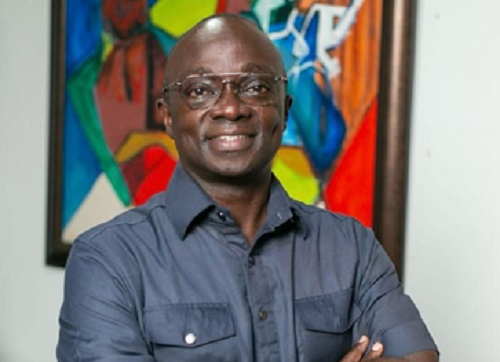

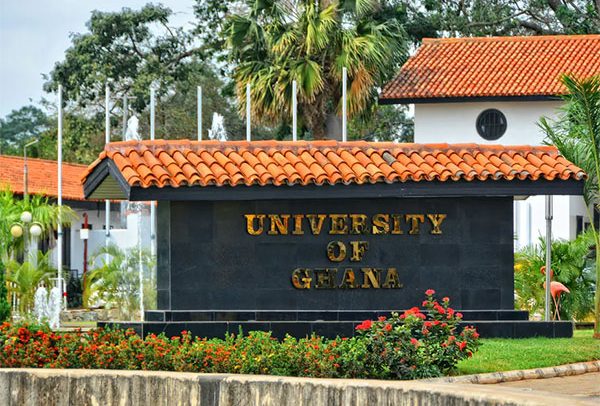
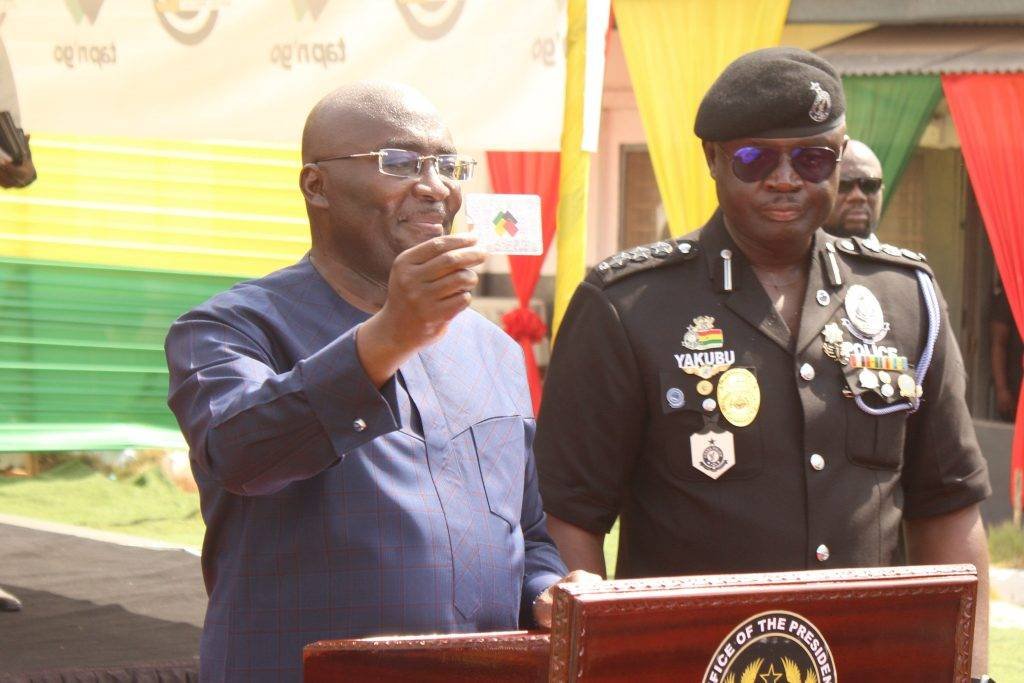
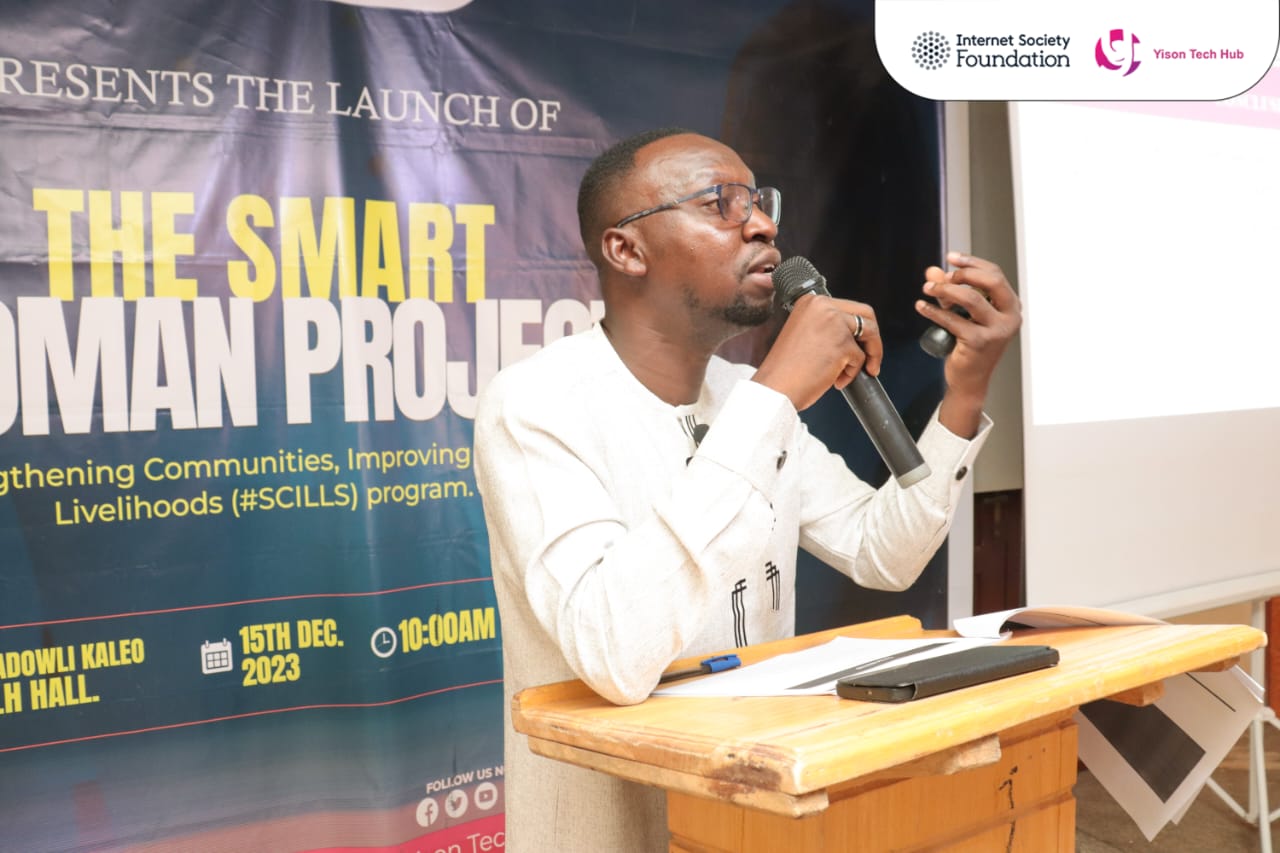
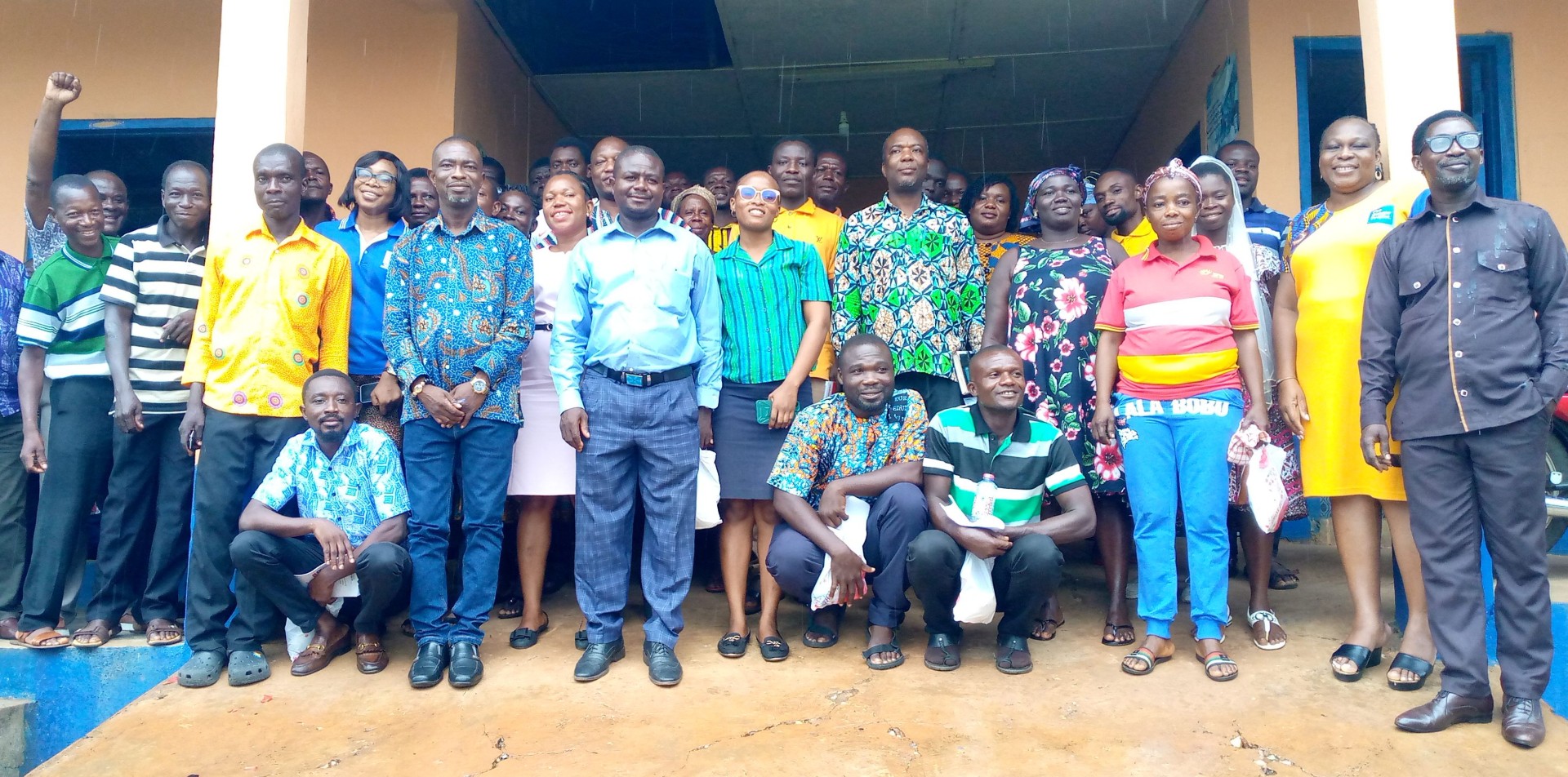
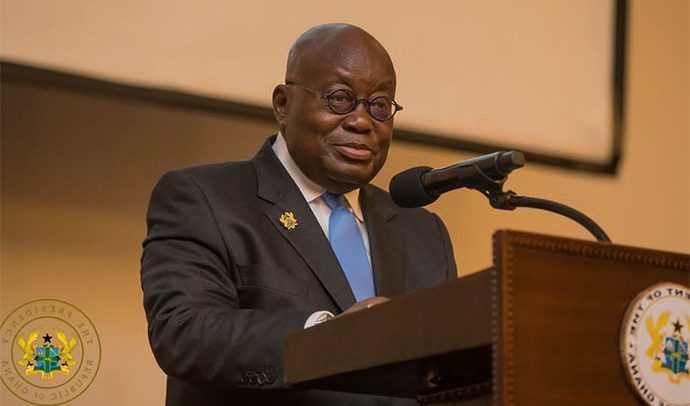




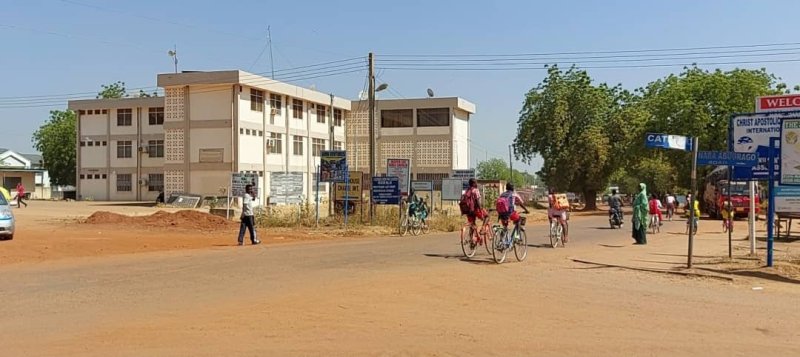












Facebook
Twitter
Pinterest
Instagram
Google+
YouTube
LinkedIn
RSS